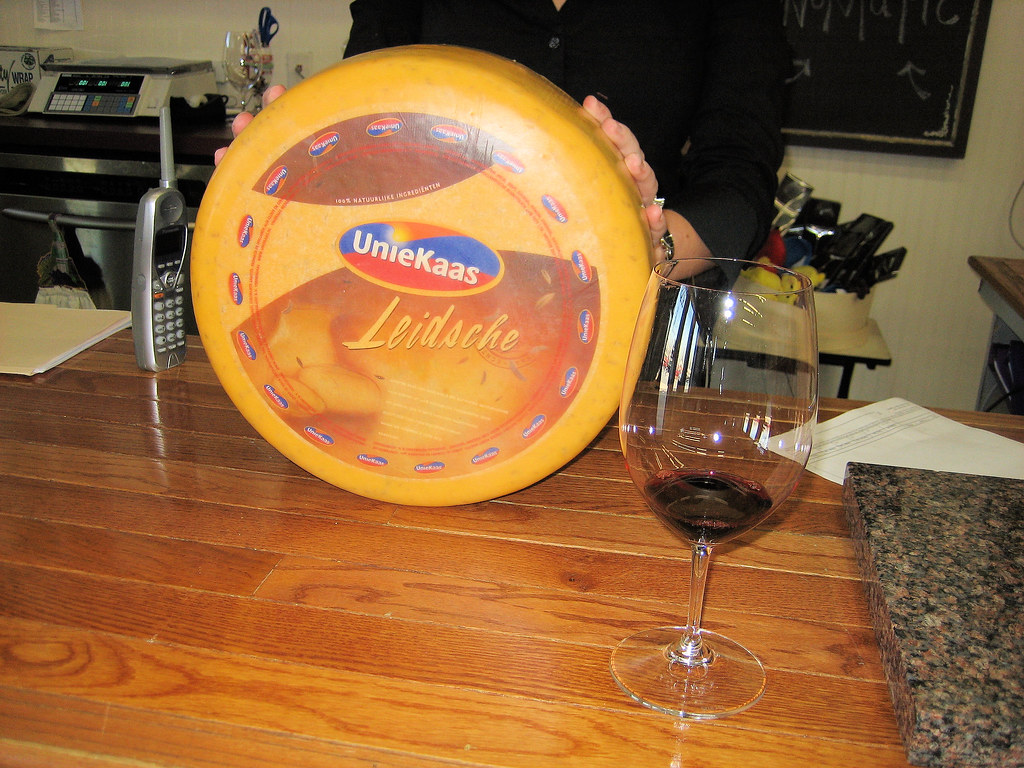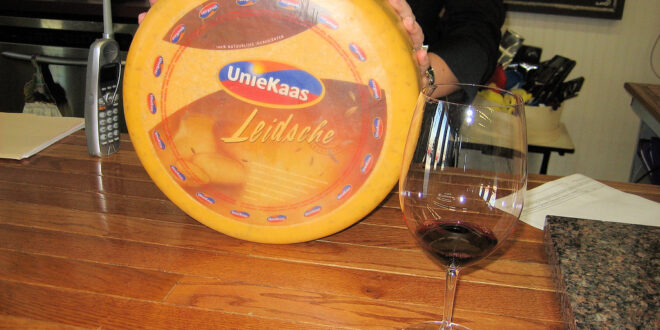[ad_1] 
Cheese and wine pairing!
Olney Beer and Fine Wine.
Olney, Maryland, USA.
14 February 2008.
? More photos: here.
***************
? Leidsche: Dutch cow’s milk cheese with caraway seeds. Tastes like cheese on rye bread!
? Chateau Mongravey: delicious, affordable (!) Margaux AOC, 2000 vintage. Opulently fruity nose, but restrained in the body, with an underlay of minerality and marl.
***************
? Photo…
Source : https://www.flickr.com/photos/cizauskas/2267304637/in/pool-17918700@N00
